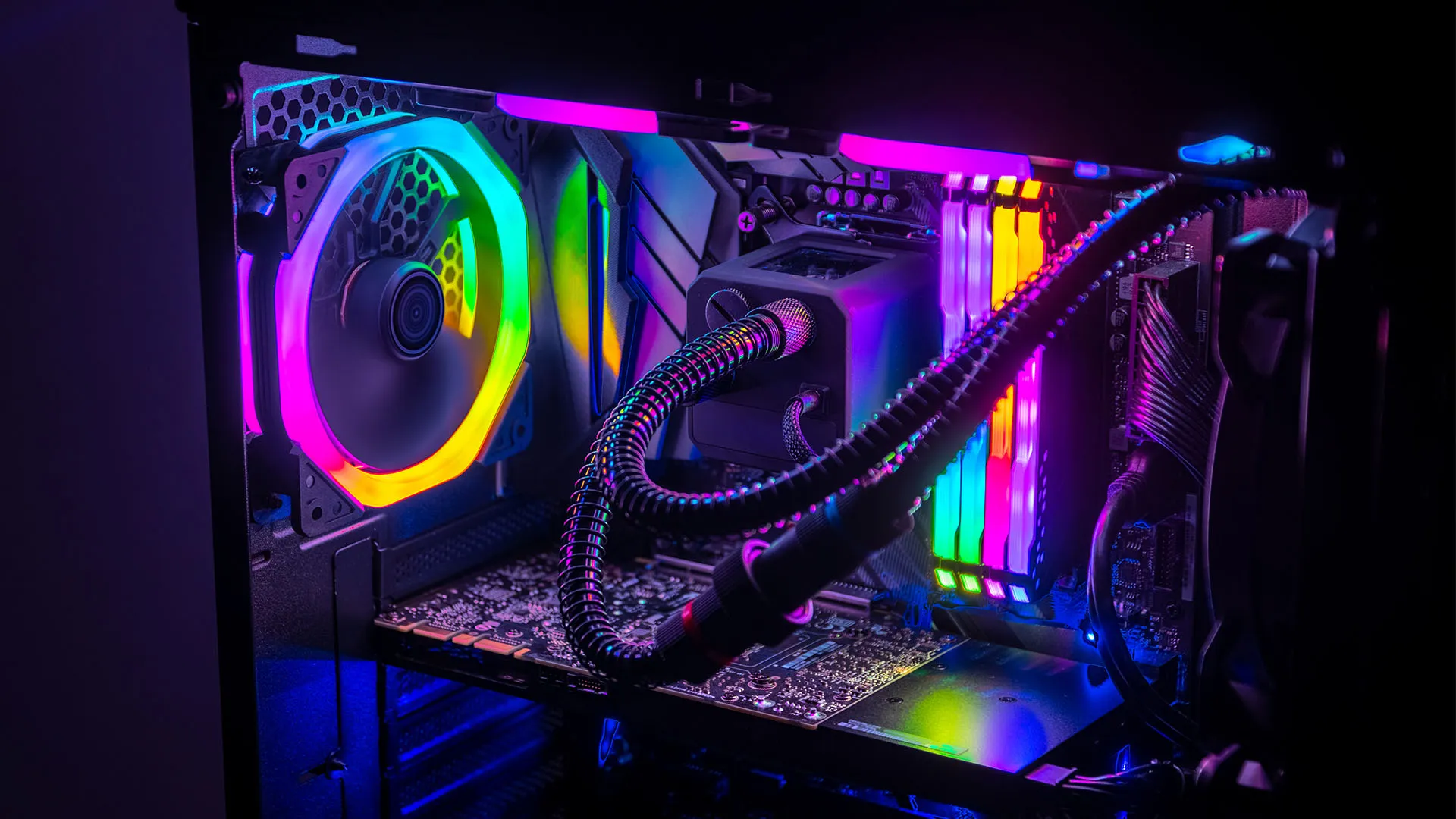How to Build the Best PC for Gaming
When it comes to gaming PCs, you have plenty of options. Whether you decide to build one yourself or purchase a pre-built machine, there is a computer to suit your needs. With a gaming PC, you will be able to enjoy an almost limitless library of titles. Plus, you can create your own unique gaming experience. Read on to learn how to build the best PC for gaming. Here are some tips to get you started.
If you’re a casual gamer, you can get a decent gaming PC for seven hundred to a thousand dollars. These machines will typically include a powerful processor from one of the major builders or brands, an Nvidia 1660 Ti graphics card, and eight to sixteen gigs of RAM. You can even get a gaming PC with an integrated video card. Gaming PCs can be a little expensive, but they’ll have a lot of features and are worth the money.
In addition to allowing you to upgrade hardware and software, a gaming PC is also easier to customize. You can replace parts and customize the appearance of the system to fit your tastes. Most gaming PCs can last for two cycles. That’s a big benefit. You can also upgrade your graphics card, CPU, and memory with relative ease. And unlike a console, the parts on a gaming PC are much easier to come by.
The more powerful components of a gaming PC make it a better option for professional use. A better graphics card and CPU can improve the performance of games and allow you to adjust detail settings, resolutions, and frame rates. This is crucial for getting the best game play experience. Soqui says that gamers change their systems every two years to ensure they have the best possible gaming experience. So, it’s best to make a decision based on these criteria when comparing different PCs.
In addition to speeding up games, a gaming PC also enhances the appearance of your games. For example, if you’re a gamer, you might enjoy some retro games from years ago. Gaming PCs will help you experience these games in a more enjoyable manner, as the graphics are more detailed and less distracting. But you might not want to play as competitively as a professional. In these cases, a gaming PC is still a great option.
When it comes to memory, a high-quality motherboard will have Error Correction Code (ECC) support for high-speed RAM. You can also opt for GPUs that have highly-binned memory, which consumes less power and is less prone to instabilities. As far as storage is concerned, there are two main choices: HDD and SSD. Although both have their pros and cons, SSDs tend to be the better option for gamers.
Gaming PCs and laptops differ greatly in terms of their price and perceived value. The difference in cost is the price of the hardware and software, but the PC is far more versatile and offers more options for upgrades. Besides, a gaming laptop has a much lower price than a gaming desktop. You won’t have to worry about replacing a keyboard and mouse, and you’ll have more room to add more RAM or graphics cards.



